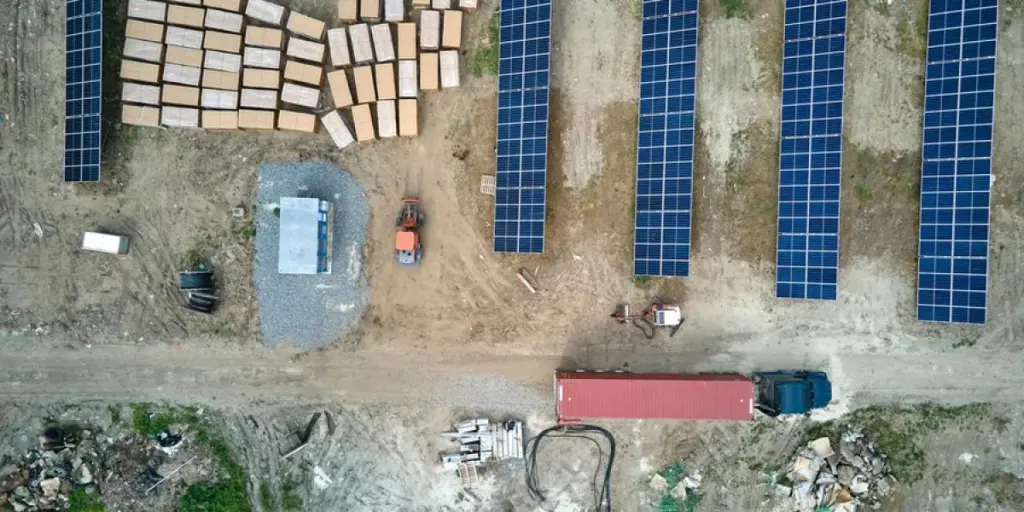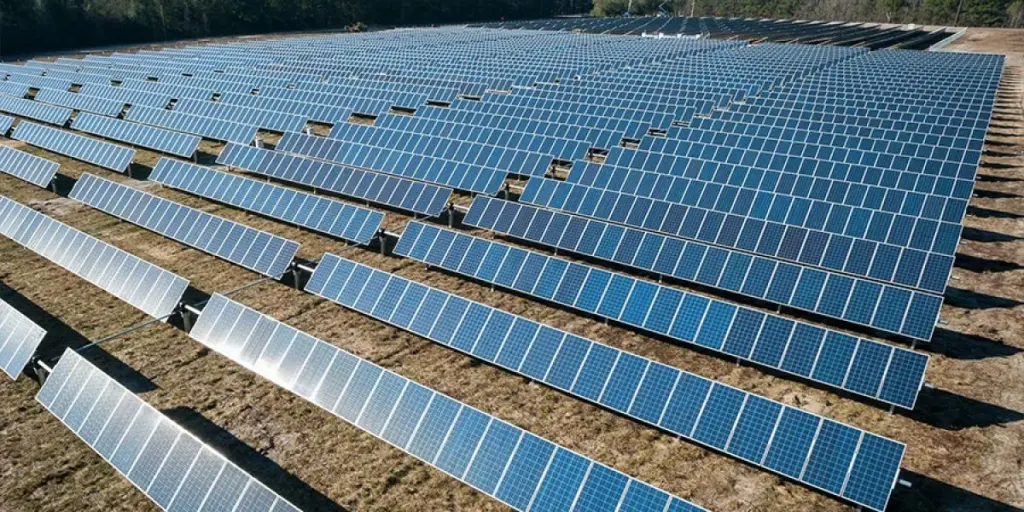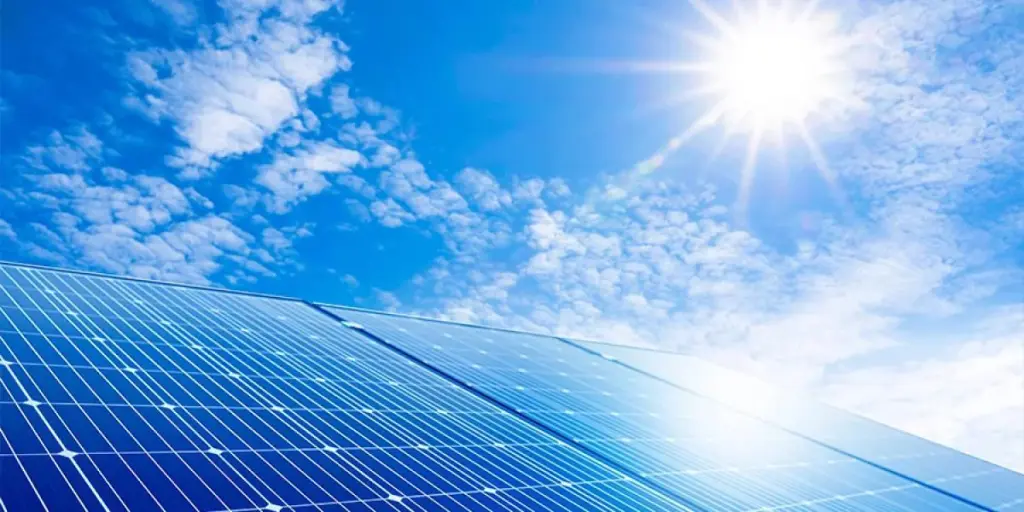The NC Clean Energy Technology Center covers the latest trends in US solar policy.

State-level policy is a key factor in distributed solar and energy storage markets across the United States. Policies change frequently across the 50 states, and tracking these changes are essential for businesses looking to maximize the value they provide.
The North Carolina Clean Energy Technology Center maintains DSIRE, or the Database of State Incentives for Renewables and Efficiency, to keep businesses and consumers up to date on distributed energy regulatory structures and related incentives. Below are 2023 trends as reported by DSIRE in a January 2024 report.
“Many states and utilities are transitioning away from traditional net metering structures and are researching or implementing new rate structures, whether that be net billing, time-of-use based net metering, or something in-between,” said Rebekah de la Mora, senior policy analyst. “These changes are not just affecting residential customers, but also non-residential customers.”
A total of 273 state and utility level distributed solar policy and rate changes were proposed, pending, or decided in 2023, said the NC Clean Energy Technology Center.

To continue reading, please visit our pv magazine USA website.
This content is protected by copyright and may not be reused. If you want to cooperate with us and would like to reuse some of our content, please contact: editors@pv-magazine.com.
Source from pv magazine
Disclaimer: The information set forth above is provided by pv-magazine.com independently of Chovm.com. Chovm.com makes no representation and warranties as to the quality and reliability of the seller and products.








